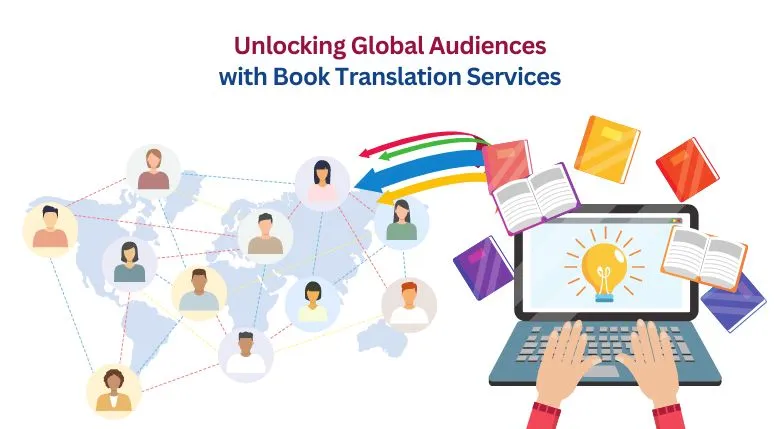 Did you know the Panchatantra, which is a collection of ancient Indian stories, originally written in Sanskrit, was translated into Arabic and Persian as Kalila Wa Dimna in the 18th century by the Persian translator and scholar Ibn Al Muqaffa? This language translation played a major role in introducing Indian philosophy and stories to the Islamic world and later to the European and Western civilizations. This translation further gave way to various translations into Latin, Hebrew, and numerous European languages during the medieval period.
Did you know the Panchatantra, which is a collection of ancient Indian stories, originally written in Sanskrit, was translated into Arabic and Persian as Kalila Wa Dimna in the 18th century by the Persian translator and scholar Ibn Al Muqaffa? This language translation played a major role in introducing Indian philosophy and stories to the Islamic world and later to the European and Western civilizations. This translation further gave way to various translations into Latin, Hebrew, and numerous European languages during the medieval period.
Today’s world is increasingly connected by virtue of technology and culture and has a vast potential to reach global audiences and develop cultural connections. For authors and publishers, Book Translation Services play an important role in the expansion of literature to overcome linguistic shortcomings and cultural boundaries. For instance, in a multilingual country like India, which has a rich literary tradition, translating books and stories into different languages can give a boost to the voices of Indian authors and showcase their stories to a worldwide readership. In this web blog, we shall explore the advantages of book translation solutions and understand how literature can achieve international acclaim through translation.
Expands the Reach of Literature
Many professional translation companies in India enable Indian writers to reach bibliophiles far beyond the Indian Territory. While English is officially used in India, only about 10% of the Indian population are able to speak English fluently. This means that even within India, converting books into regional languages can effectively expand the author’s target demographic. Globally, works translated into highly demanding languages like French, German, Spanish, and Chinese can access millions of readers. For instance, Arundhati Roy’s The God of Small Things, which was originally written in English, has been converted into more than 40 languages. This makes it accessible to readers globally. The translation of the book into Norwegian, Turkish, and Dutch opened new markets, leading to its global success and Arundhati’s international reputation as a novelist and storyteller.
Promotes Cultural Exchange
Versions play an indispensable role in fostering cultural exchange, and understanding such conversions allows readers to experience multiple cultures, philosophies, and world views through literature. The Madhushala, which is a collection of poems by the iconic Hindi poet Harivansh Rai Bachchan, has been converted into Bengali, English, and even French. This not only helps readers from a non-Hindi background to appreciate the beauty and depth of Bachchan’s poetry but also promotes a greater appreciation for India’s cultural heritage. Similarly, Rabindranath Tagore’s Gitanjali played an important role in introducing Indian literature to the world. Its translation into English earned him the Nobel Prize for literature in 1913, making him the first Asian to receive this honor. This highlights how translations promote cultural exchange and connect diverse literary traditions.
Enhances the Longevity of Literary Works
Book translations enhance the longevity of the literary works, making sure that they are relevant across time and place. A translated work has the ability to find new target audiences in different cultural contexts even decades after its original publication. For instance, Jane Austen’s Pride and Prejudice, which was originally published in 1813, is still widely read and popular, even among contemporary millennials, because of the merit of translations.
Opens New Revenue Opportunities
From a commercial viewpoint, translations of books, even business translations, open new opportunities for revenue. The global reader audience is vast, and translated text can help tap into international sales, foreign rights deals, and adaptation opportunities. According to a report published by the International Publishers Association, the global book market in 2022 was estimated at around US$143 billion. Texts that are translated into multiple languages have the potential to access a larger share of the market, thereby generating additional revenue through licensing and royalties. It might pique your interest to explore translations of India’s local languages. If you want to learn more, you can consider reading this informational web blog on Mastering Translation Services for India’s Local Languages.
Preserves Regional Languages and Literature
Professional translation services are not only about translating the major languages into highly demanding foreign languages but also involve converting works written in regional languages into another regional as well as international language. This practice preserves and promotes regional literature that might otherwise remain confined to a small linguistic community and be forgotten over a course of time. For instance, Bhagwan Ke Pakwan, originally written in Hindi, includes unique food traditions of various Indian tribes. When this work was translated into English as God’s Own Kitchen, it brought the stories of these tribes and their culinary heritage to a global audience.
You might also be interested in exploring professional proofreading services. If you want to learn more, you can read this interesting piece on Mastering Professional Proofreading and Editing: Top Tips for Success.
Conclusion
Book translation solutions play an important role in connecting authors with readers across the globe. This expands the author’s audience and generates revenue, as well as fosters cultural understanding. By investing in efficient language service providers like Somya Translators, who offer the best book translation solutions, you can get high-quality translations and thereby unlock new possibilities on the global front.







